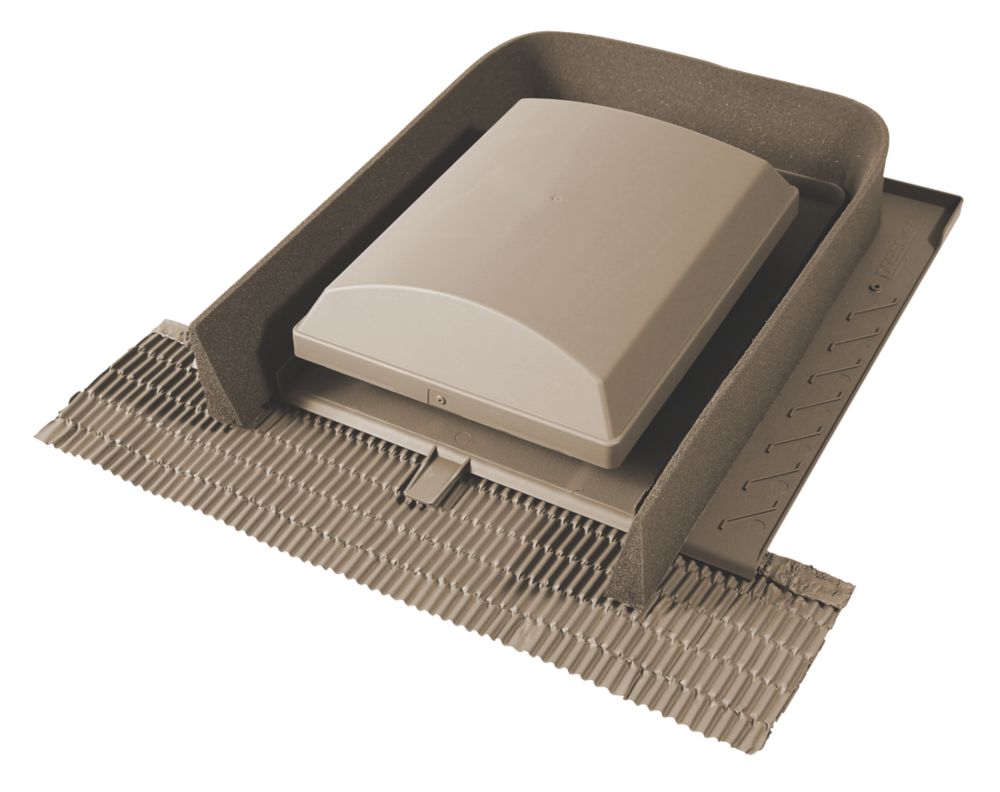Pensions just to depress everyone
I suppose I ought to declare that I managed to retire aged 47. I am the same age as Bill Gates. Had he not dropped out of Harvard, he could also have retired early.
I have copied and pasted a piece written for someone else.
Hopefully you will find it interesting.
Pensions and their connection to a hog roast.
Pensions are very long term. The African approach is to have as many children as you can, so one or more can support you in your old age. In China the average savings rate is 40% as there are no pensions, healthcare, or education provided by the State.
At Home the State pension only started after WW2. The first company to set up a private pension scheme was BP, know in the oil industry in the 1950’s as Best Pensions. BP set a gold standard of 5% from workers and 10% from themselves.
My Dad, born in 1920, was persuaded to set up his own pension in 1945, when he came out of the army. For £5/month he was guaranteed £50/month when he got to 60. At the time wages were £15-20/week so £50/month was just over half of this. He did struggle a bit to maintain the payments. When he came to collect the money in 1980, inflation had ripped through almost the total value. He said it was the worst financial decision he had made, looking back.
Actuaries are responsible for making the decisions on how pensions are calculated. 2 Big factors are at play. They are investment returns and inflation.
Let me illustrate. In 1986 I became self employed full time. I had an existing pension pot which I could leave or take with me. I decided to take the money. To spread the risk, I opted to split the money 3 ways. One third I used to buy a prepaid pension where I was guaranteed an annual sum at 65 for a minimum of 5 years with 50% going to a spouse on death, standard at the time. Another third I left to roll over. Once bonuses were added to this, they could not be taken away and there was a guaranteed annuity of 10% on the final sum. The last third I used to start a new pension to which I would continue to contribute. The size of my original pot was £5100. The first third gave me a pension of £4350/year. The second rolled over nicely for the first 13 years to be a fraction short of £9k. In 1999 it was frozen never to increase again. I originally hoped things might get better and bonuses would return. Later I realised that this would not happen, but if I moved the money, I would lose the guaranteed annuity. The value of this pension became close to £900/year or just over 20% of the value of my prepaid pension. The final third was doing OK until 2001/2002, when the financial crash put pressure on all pension companies. With the final third I started a new pension to which I did contribute and was supposed to be my main pension in due course. In 2002/3 this company wrote to me, to tell me that to “protect my pension”, they had sold all their shares and bought government and commercial bonds. With pensions being long term, I was furious that this had been done without consulting me, and I was confident shares would recover. It took me nearly 4 months to get my money transferred out. The stock market had recovered by 19% from the selling price by now. 20% of my pension had disappeared. Was I happy……no.
In pension terms the last 70 years has been a game of 2 halves. From 1950 to 1990 there has been good investment returns and high inflation. After 1990 we have had low inflation and poorer investment returns.
Actuaries relied on the trends continuing which has not happened after 1990.
Endowment mortgages were very popular for a long time. You paid only interest on your mortgage and then the capital was repaid from the endowment. Typically homeowners were getting between 25% and 50% of the value of their original loan back as cash when the endowment matured. (The wife’s parents took us out to dinner to celebrate the repayment of their mortgage with the extra money from their endowment. They had bought their house 56 years ago and had a 25 year mortgage like the rest of us). For over 15 years homeowners have been warned that their endowment policies would not be enough to repay their mortgages, and encouraged to take on hybrid mortgages where they increase their payments to pay off some of their capital every month.
Back to pensions. Guarantees made by pension companies have almost always been kept. Equitable Life are the exception. The people who have done best out of the system will all have retired in the 1985-1995 period. Because pensions are so long term, we now know that actuaries have been gambling/using projections based on past performance. They have failed to put anything by, in case they got it wrong.
remember the Hog roast? The piggy looks big enough to serve the queue of people at the start. As time goes by, the guys slicing up the portions realise that there will not be enough pork to go round, so reduce portion size. The piggy is the cash. The queue is the people waiting to receive their pensions, and the slicing is done by actuaries.
Pensions being long term, this has not been so much of a crisis, as long term erosion of pension benefits for those not retired. My promise of £4350/year (now being paid out) cost me £1700 in 1986. 12 years later it would have cost ten times as much to buy the same benefit in the same situation, and 15 years later the product was dropped. That explains why I am very happy with the slice of pork I had “ordered” early.
There is no doubt it will take a very long time to redress the balance between past and future pensions. Final salary schemes have all but disappeared. Companies have all had demands for extra money to fund existing final salary schemes, whilst moving to money purchase schemes. Directors who make these decisions (and are close to retirement) have not sacrificed their own final salary schemes for the greater good. 2 large employers, Royal Mail and BT have had the added pressure of downsized workforces making both their schemes in the “serious shortfall” category with no solution in sight. (Less employees means less cash coming in and they have less time to redress the balance.)
Pension companies always quote an ageing population as the reason why we need to get less. Somebody leaked the real impact at 7% only, of which 5% had already been fed into the calculations. Blame the 2% error for everything rather than admit your guys messed up.
Incorrect assumptions about inflation and investment returns are the real reasons.
Current annuity rates are part of the solution. They are very disgracefully poor. Pension companies are clawing back money from everyone now waiting for their slice of pork, because if they do not do this, at some stage, the pork will run out. You cannot blame those whose plates are overflowing from past generosity. They just took the pork offered. I know that over the last 40 years (I started in 1983) we have never failed to double our money from our property business in 10 years. This means an annual return of 7-8% compounded. 3-4% from the rent and 3-4% from the capital is very easy target over a longer period. Pension companies work in a tax free way and we did once buy a property from the Asda Pension fund. The stock market has also performed better than is reflected in annuities. It is important to remember that there is no return of your capital with an annuity, so they are dire indeed.
I think it will take 30-40 years to get us back into a fairer division between existing and future pensioners. The promise made to me and others goes beyond our lifetimes as we are leaving behind our “pension overdrafts” to the rest of you.
Conclusion.
All decisions are a balance between risk and reward.
I am certain the African solution will not work for me, and that waiting for 30 years does not look smart either.







 eroofing.co.uk
eroofing.co.uk





